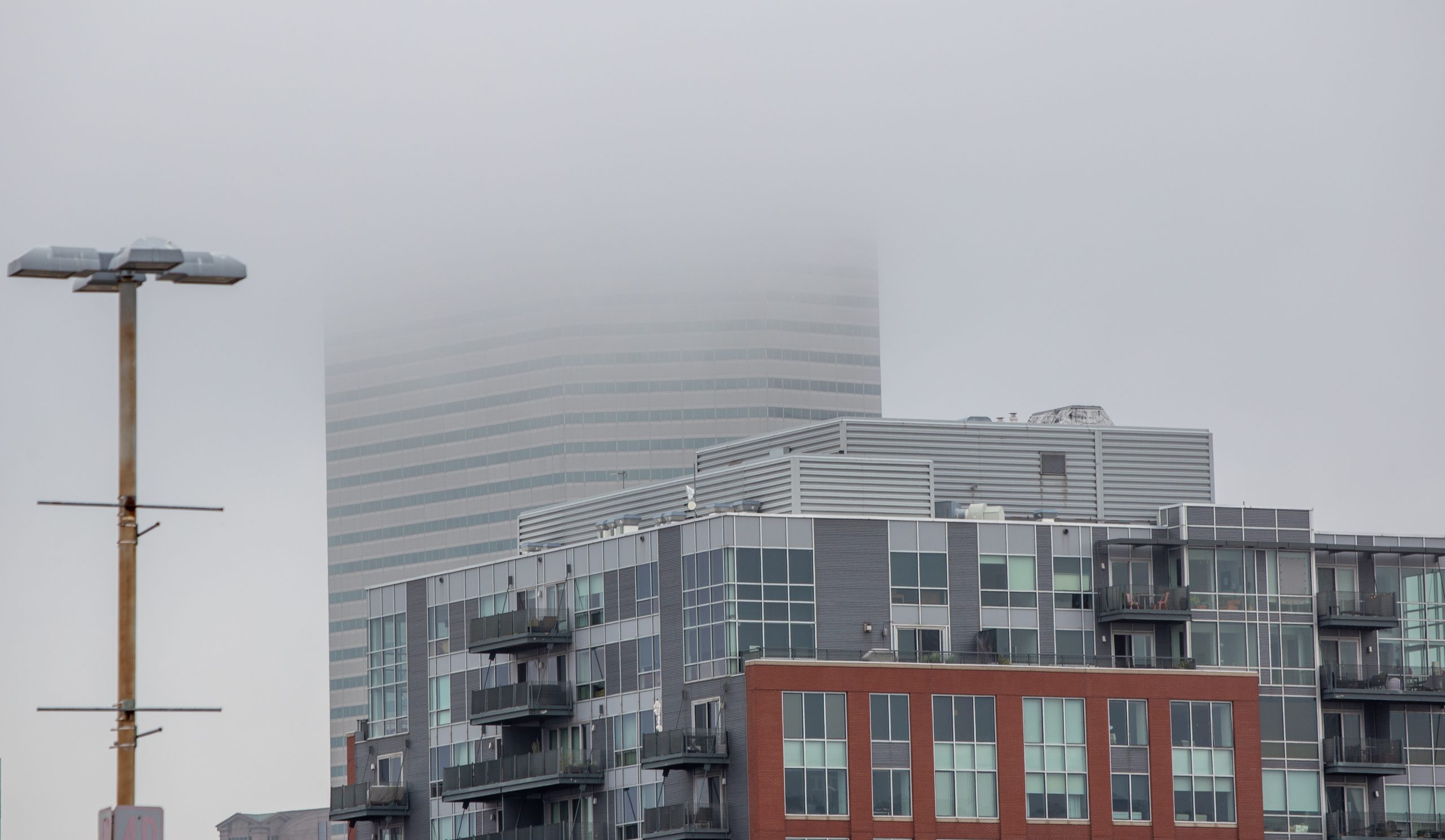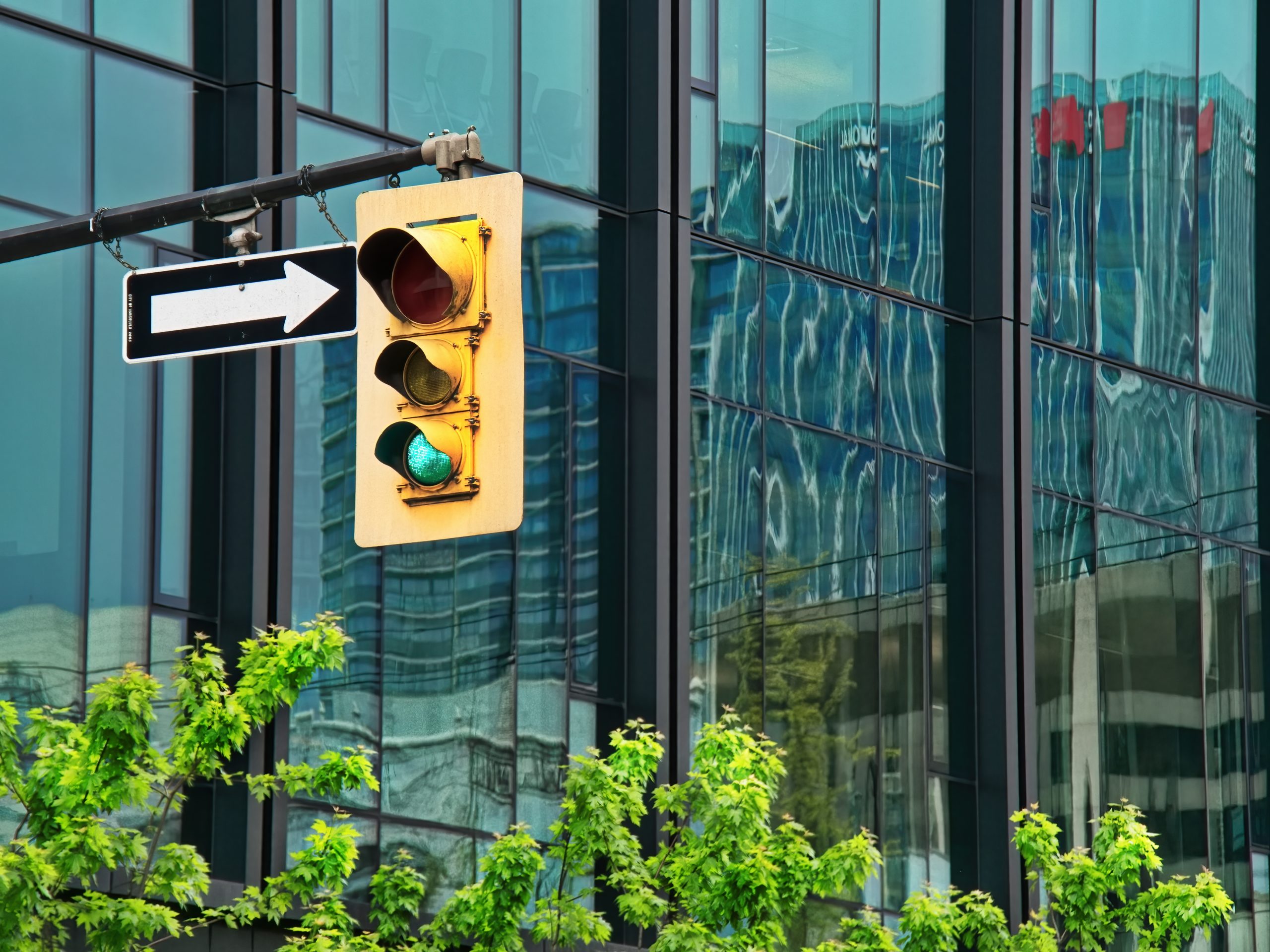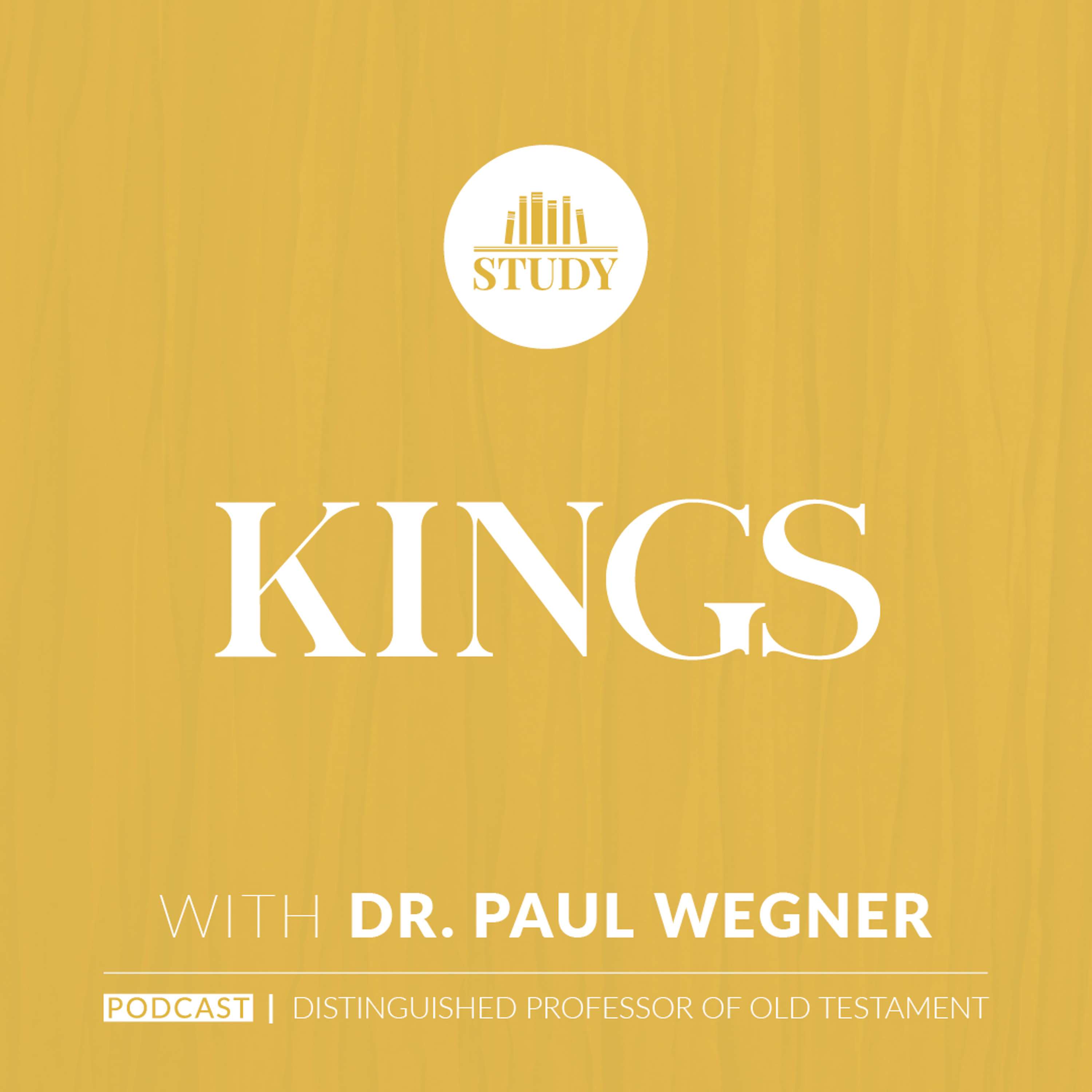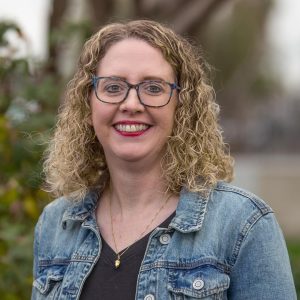It’s election week in America which prompted me to think about past elections, my participation as a voter for more than 40 years, and my previous observations about this important process. So, I Google-searched myself to see what I had written about elections. These comments, written after Barack Obama was elected president in 2008, reveal how elections have changed in our country.
I wrote,
“Another good result from the election was the response of the loser—John McCain. He graciously conceded and encouraged the entire country to unite behind President-elect Obama. In many other countries, when one party loses an election, they form a militia and start a civil war. Not so in America. Political parties spend billions promoting their candidates and agenda, but in the end patriotism trumps partisanship.
The election day process itself also made me proud. About 130 million people went to the polls. There were no riots, no SWAT team interventions, no widespread voter fraud, and no one was denied the right to vote for illegitimate reasons. Across the country, mostly senior adult volunteers manned the polls and made a smooth election possible. There is something very American about that!”
Times have certainly changed. Losing candidates now refuse to concede, militants facilitate disruptions and threaten civil war when their party loses, alleged voter fraud has poll workers on edge, and voting rights are being challenged on multiple fronts by both parties. Partisanship is now trumping patriotism—not the other way around as it has been for generations.
We can and must turn the tide on how we conduct elections, respond to their results, participate in political discourse, and govern the country—from school boards to the White House. Public opinion is a powerful force in American life. When enough of us demand changes in these areas, politicians and their parties will respond. We can and should advocate passionately for our positions on issues and candidates. But advocacy has to include self-restraint—refusing to damage, demean, or even destroy democratic processes in the name of trying to preserve them.
This election week and its aftermath will likely be challenging. You can help make a difference in how it unfolds. First, vote. Then accept the outcome. If your side loses, do better next time. Reject violence—and threats of violence—as a political solution. Support efforts to bring meaningful change within governmental processes, not by undermining them. Tone down the rhetoric, particularly on social media and similar outlets.
Fair and free elections and the orderly transfer of leadership has been a hallmark of American life for more than two centuries. We must preserve these practices—despite the real differences among us and the profound tensions they create—to have a future together.
Read More

Seeing the Unseen
CSBC Women’s Ministry Director Cathie Smith shares how the church can serve the marginalized in its community.

Excerpt — The Complete Works of Andrew Fuller Volume 10: Apologetic Works
In Dr. Chris Chun’s newest publication, he provides commentary for The Complete Works of Andrew Fuller Volume 10: Apologetic Works.
Listen
Historical Books | Kings Part 4
Tyler and Dr. Wegner finish up the books of Kings and the downward spiral of Kings in Israel and Judah that lead to the exile of all the people.

Ministering in Turkey and Louisiana
Dr. Hopkins is joined by Scott Byrd, executive pastor of The Bridge Community Church in Ruston Louisiana, to talk about the how God’s call for your life can happen in ways you don’t expect, as well as the challenges and joys of ministering overseas.

Watch

Jonathan Edwards and the Asbury Revival
Chris Chun and Chris Woznicki discuss the signs of true revival, signs of the work of the Holy Spirit, and why it is important to critically assess the characteristics of revival in a spirit of charity.

Jonathan Edwards and the Baptists | Douglas Sweeney, Nathan Finn and Chris Chun
Dr. Douglas Sweeney and Dr. Nathan Finn joined Dr. Chris Chun for a panel discussion on Jonathan Edwards, recorded live at the SBC Annual Meeting in Anaheim.



